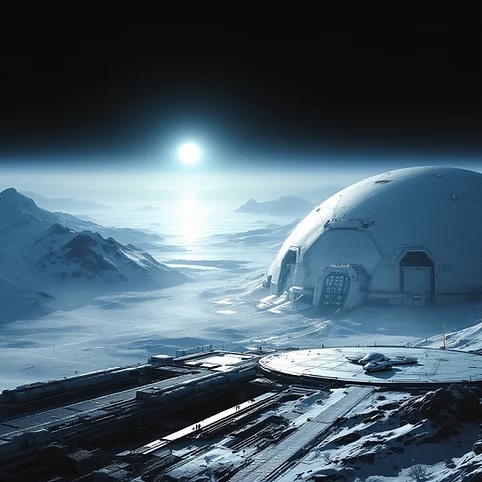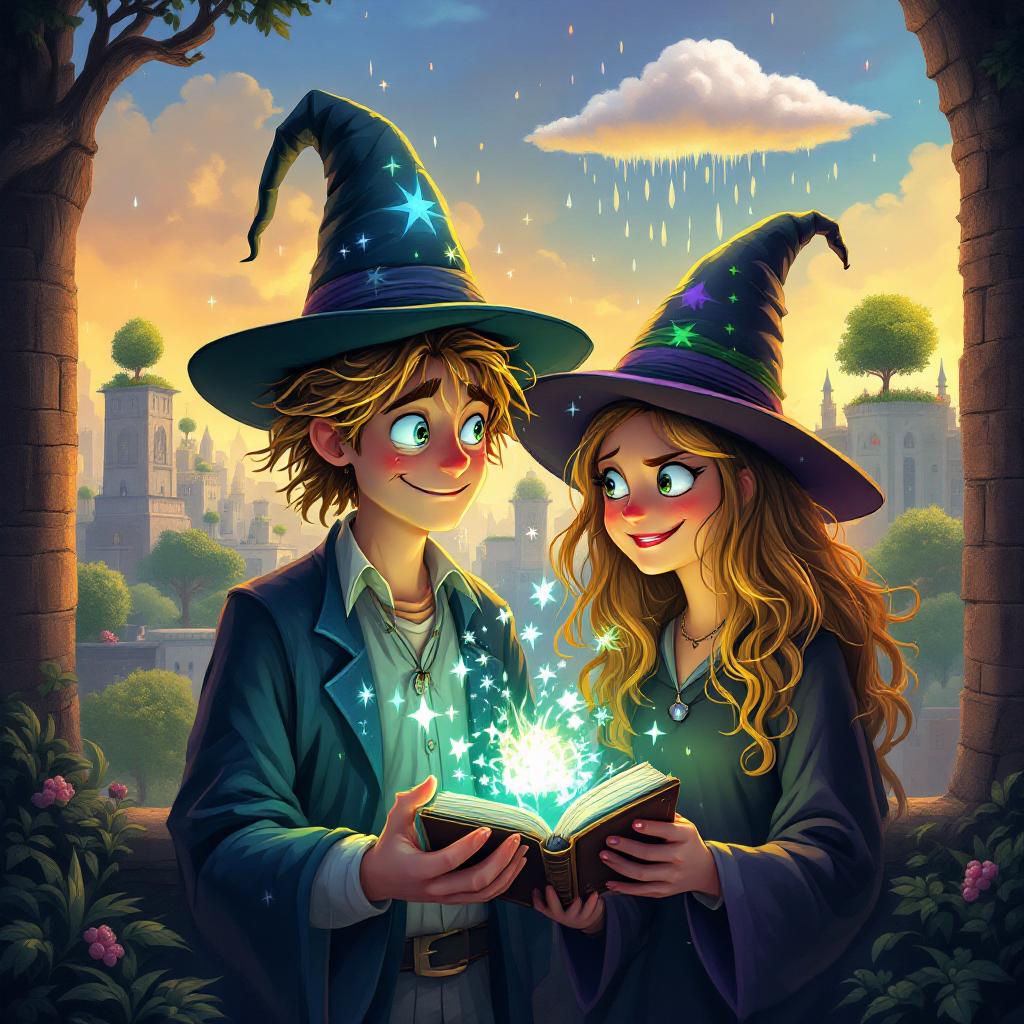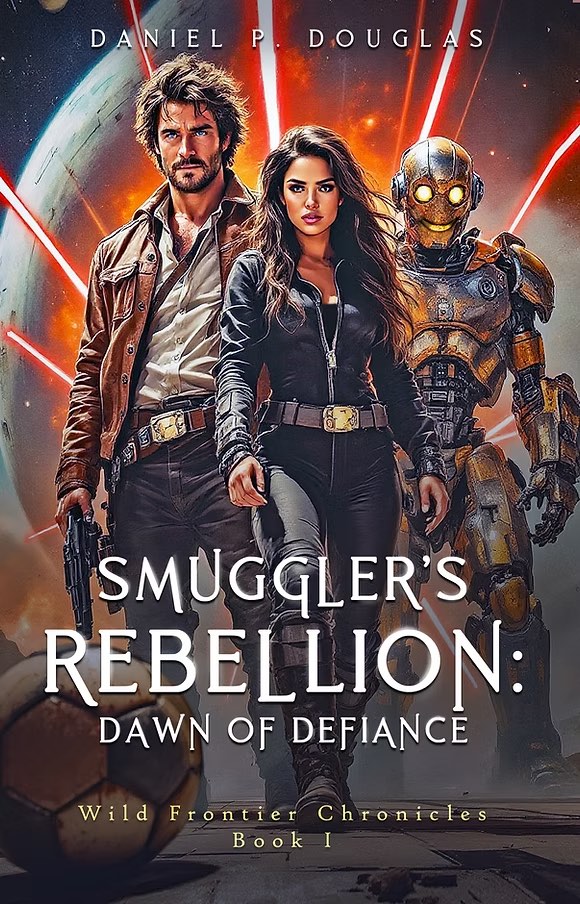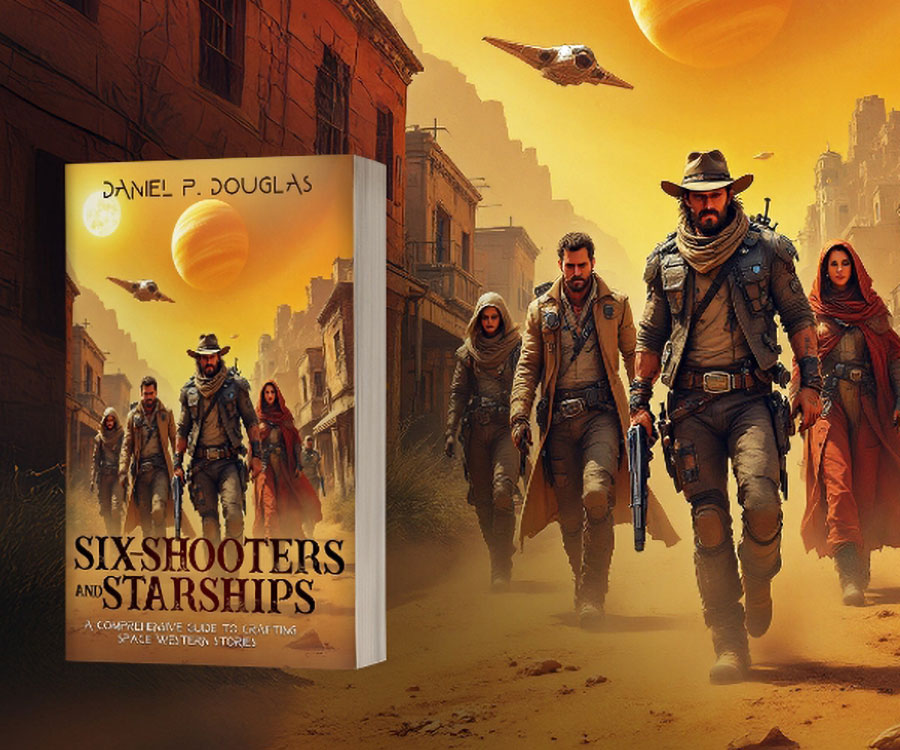When I sat down to write “Polar Arcadia,” I wanted to blend two of my favorite genres: the morally complex world of noir fiction and the expansive frontier setting of science fiction Space Westerns. The story began with a simple prompt from Reedsy’s Title Generator but quickly evolved into something that allowed me to explore themes of isolation, corruption, and justice on the cosmic frontier.
Finding Noir in the Endless White

Polar Arcadia Settlement
Noir fiction traditionally thrives in shadow-filled urban environments with rain-slicked streets and dimly lit offices. But I’ve always been fascinated by how noir elements can function in non-traditional settings. The isolated polar dome of Arcadia gave me the perfect canvas—a place where the traditional darkness of noir could contrast with blinding whiteness, where shadows might hide in plain sight beneath artificial perfection.
Jack Graves embodies the classic noir protagonist—world-weary, competent, and guided by a personal code that often conflicts with official rules. Like many noir detectives, he arrives as an outsider, immediately sensing that something is wrong beneath the polished surface. His cynicism serves as both shield and lens, allowing him to see through Arcadia’s façade while maintaining emotional distance.
The Space Western Frontier
While noir provided the story’s tone and moral framework, Space Western elements gave “Polar Arcadia” its setting and thematic backbone. Like the American Western frontier, Arcadia exists at the edge of civilization, where official authority stretches thin and local powers can operate with limited oversight. Administrator Shaw functions as the corrupt town boss, maintaining order through intimidation while presenting a veneer of civilization to outsiders.
The harsh environment surrounding the dome creates the same life-or-death stakes that Western landscapes offered. When Graves ventures onto the ice to rescue Ellis, he’s making the same dangerous journey into the wilderness that Western heroes undertake, risking his life against elements that show no mercy.
Justice on the Frontier
Both noir and Space Western genres excel at exploring questions of justice outside traditional legal frameworks. In “Polar Arcadia,” Graves discovers that institutional justice has failed completely—the Frontier Commission remains unaware of Shaw’s crimes, leaving the dome’s residents with no recourse against tyranny.
This creates the central moral conflict of the story. When systems fail, when is individual action justified? Graves operates in that gray area, using his specialized knowledge to expose corruption rather than simply completing his assigned task and leaving. His choice reflects the frontier justice tradition of Westerns while maintaining noir’s ambivalence about happy endings—justice may come to Arcadia, but not before countless residents have suffered or died.
Technology as Character
In writing “Polar Arcadia,” I treated technology as another character in the story. The communications relay, the environmental suits, the cold storage pods—all function not just as plot devices but as physical manifestations of the society’s values. Shaw’s control of information and resources through technology demonstrates how frontier innovations can become tools of oppression rather than liberation.
This approach draws from both noir’s focus on the underside of modernity and Space Western’s interest in how technology adapts to frontier conditions. The most efficient systems in Arcadia serve sinister purposes, while Graves uses his technical expertise to subvert those same systems.
Writing in the Cosmic Dust
Stylistically, I aimed for prose that balanced noir’s terse, hard-boiled approach with space fiction’s sense of wonder and isolation. The dome’s clinical perfection provided opportunities for stark descriptive contrasts with both the frozen wilderness outside and the industrial utility of the lower levels.
I found that dialogue worked best when it carried the understated tension of noir exchanges—what remains unsaid often mattering more than what’s expressed directly. Shaw and Graves engage in verbal sparring that conceals deeper threats and knowledge, with power dynamics shifting as information comes to light.
Closing Thoughts
“Polar Arcadia” may be set on a distant ice planet, but its concerns remain fundamentally human. How do we balance order and freedom? What price are we willing to pay for security? Who watches those in power at the edges of civilization?
By blending noir’s moral complexity with Space Western’s frontier setting, I hoped to create a story that entertains while provoking thought about these enduring questions. In the frozen landscape of Arcadia, I found the perfect environment to explore how darkness always finds its way in—even to paradise.
You can read “Polar Arcadia” in full at Reedsy’s Short Story Blog.




